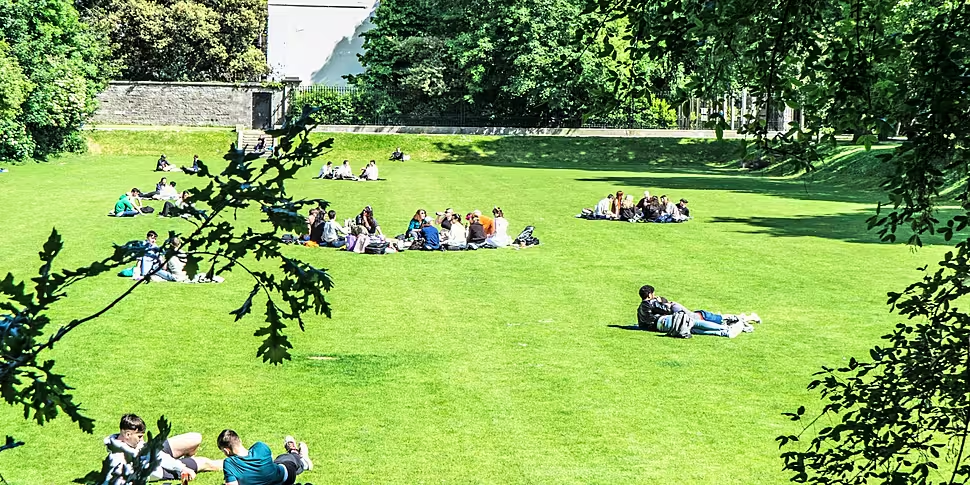Ireland has some 'leeway' for rising temperatures when compared to the UK, but we can't avoid it.
Climatologist and Professor Emeritus at Maynooth University Professor John Sweeney was speaking as Britain's Met Office reported that 40° summers will be the norm there by 2060, and even "considered cool" by the turn of the century.
Professor Sweeney told Newstalk Breakfast Ireland may be a few years behind our neighbour.
"I think we have a little leeway on that in Ireland, because of the fact that we're so much surrounded by oceans," he said.
"We certainly are looking at a trend towards approaching that value, but it maybe that we're a few years behind the UK.
"That doesn't mean that we're going to be in any way immune from what's coming down the line.
"We got a taste of it last summer, when we got very close to our own all-time record.
"We got a taste of what it could mean earlier this summer, in June, when we were on the tropical side of the jet stream".
'It will become the norm'
Prof Sweeney said the extreme weather seen across the continent will continue.
“The summers that we've seen in the Mediterranean will become the norm in the Mediterranean over the next few decades," he said.
"The summer heat that we've seen in Ireland and the UK, in patches, will become much more frequent in the years to come.
"The droughts that we've seen, the floods that we've seen, will become more frequent.
"That's part of the price we're having to pay".
He said people should heed the warning from UN Secretary-General António Guterres that "all countries have to pull their weight - so the day of pointing at the big countries is now gone."
'Some hope to tackle it'
Prof Sweeney said modelling means the timescale is hard to predict.
"What we have seen I think in the past few years is maybe the extremes are catching up a bit quicker than the models would have suggested," he said.
"That's why we can't put a definite timespan on it - but the message is very clear - unless we stop emitting greenhouse gases, we will continue to warm.
"Whether we hit those horrendous temperatures in 10 years or in 50 years it doesn't mean to say that we shouldn't have some hope for trying to tackle it," he added.
Listen back here:









